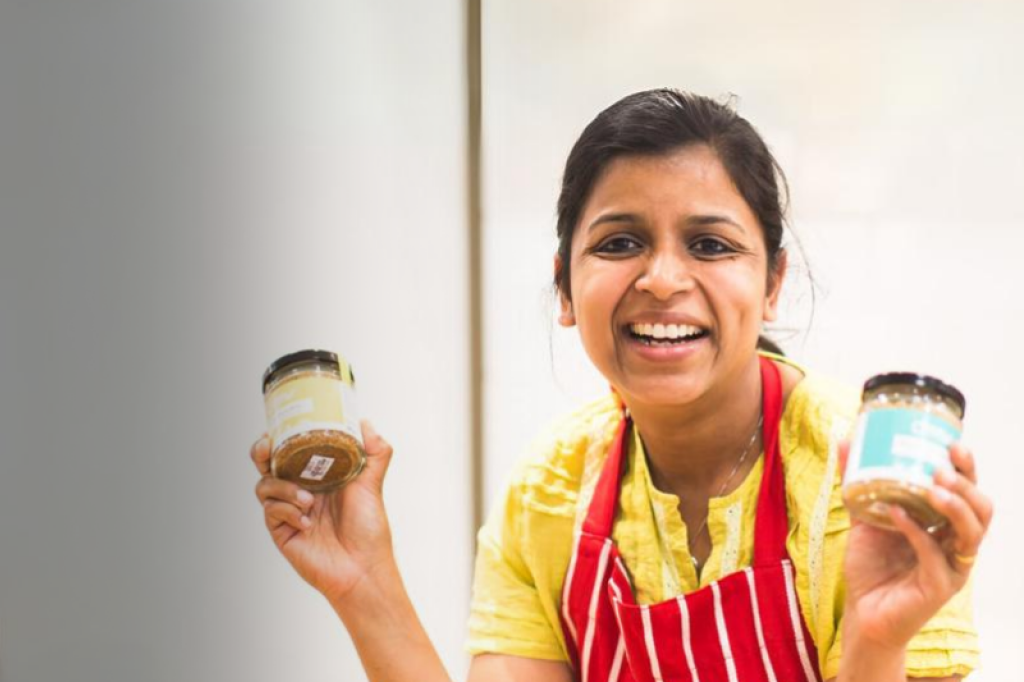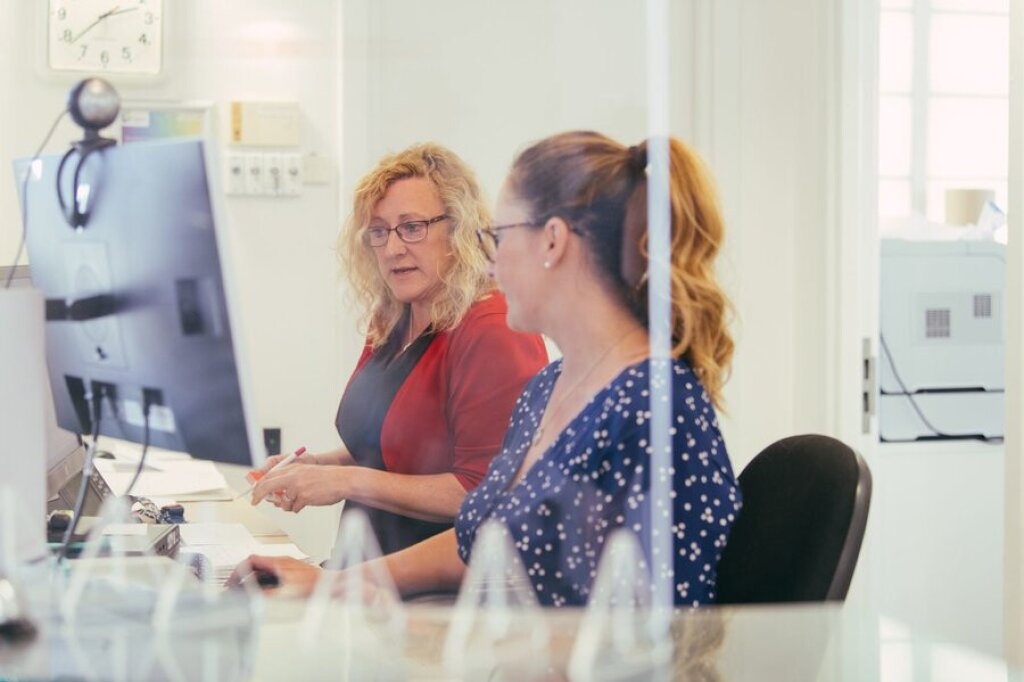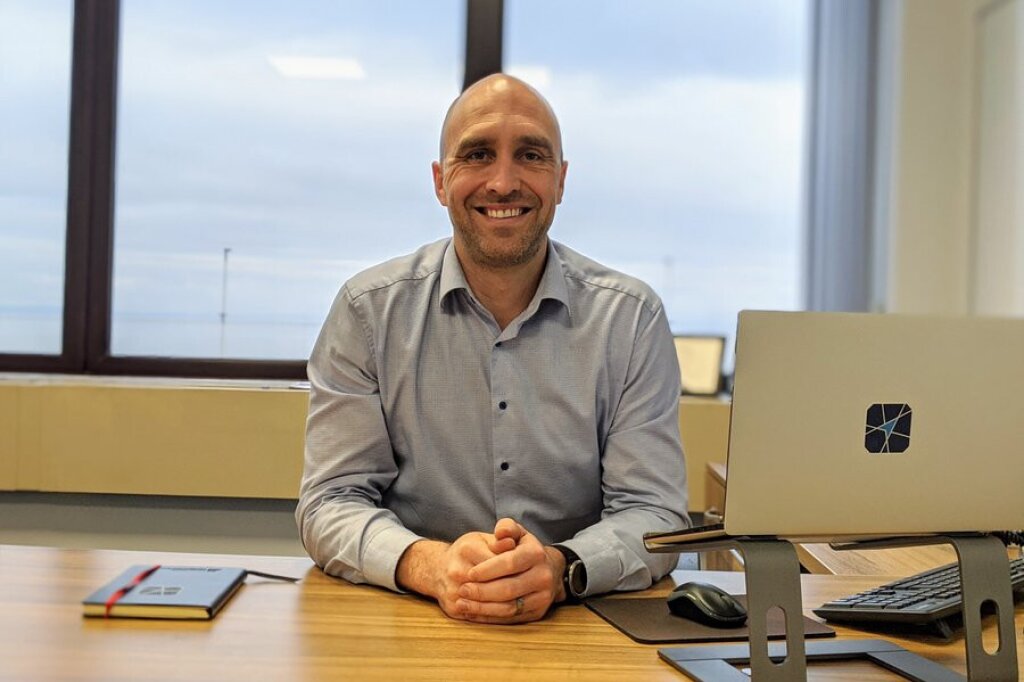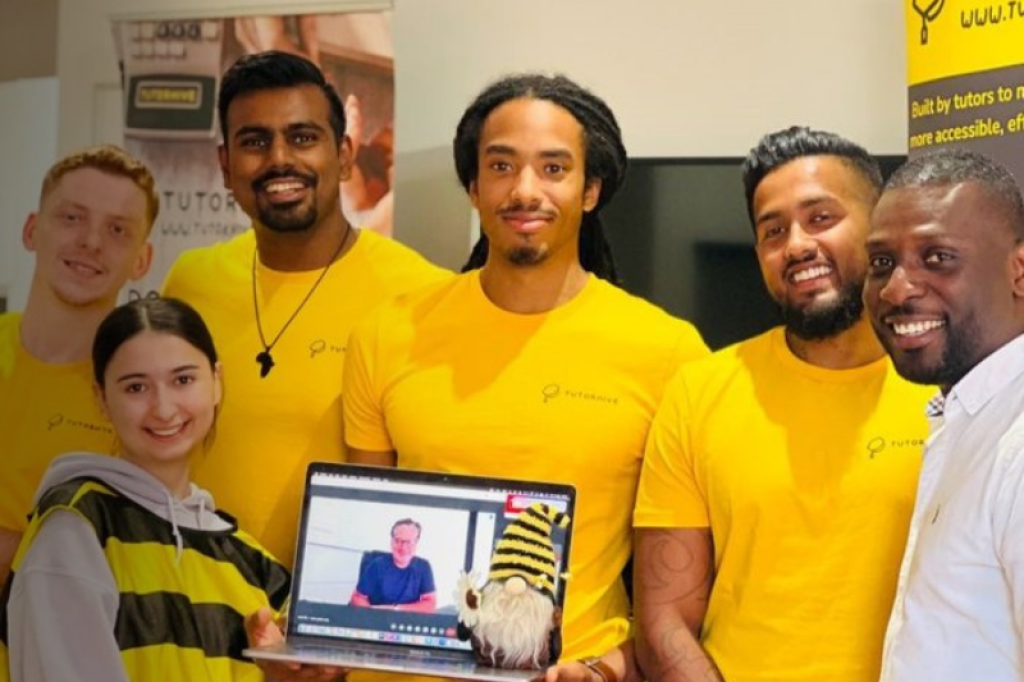Back when Swati started her business in 2015, she struggled to find any support to start a business. Collating bits of advice from friends and a local mother's networking group, she found that support was incredibly fragmented.
Thankfully, things have now changed. Swati learned about Be the Business from a friend and knew that she couldn’t pass up on the opportunity to get involved. Swati gained her own 12-month NED-style board, which included five board members from large organisations like MJ Hudson and Accenture.
“For a one-woman business to have access to people with over 20 years of experience in areas like marketing or operations… I don't think I've found any other support group that is providing that kind of help to small businesses.”
Getting support in your weak spots
Going into the programme, Swati was fully aware of her weak spots. When getting in touch with Be the Business, she made it clear from the get-go that marketing wasn’t her strong suit. This led her to receive a board containing marketing experts who were able to provide valuable advice on how she could up her marketing game.
The board members were able to listen and understand Swati's needs right away, and they gave her actionable advice toward helpful software - “They helped me get access to the right tools and pointed me in the right direction of the best ones for us. We've been able to get what we wanted just from tools like ChatGPT and Midjourney,” said Swati.
“For example, a quick launch for certain products would have normally taken four weeks of preparation and maybe £500 in costs. Using these tools, we were able to do that with £10 and one hour. So it’s a quantifiable advantage that we got out of it.”
Focusing on mindset
With new changes often come new challenges. The past year has been one with plenty of pioneering changes for Swati’s business, which has meant it’s also been one of the toughest too.
Swati’s board members spent time discussing how to build a positive mindset, and she now feels much more prepared to take on future challenges.
“During the course of the last year, we faced some of the biggest challenges that we've seen in the business. A lot of the work that the board members did with me was around changing my mindset from being in the business to owning the business, and actually feeling like the owner of the business,” Swati said.
Learning the power of delegation
As part of this change in mindset, Swati learned the power of delegation. But as many founders know, it can be difficult to let things go.
Swati’s board members helped her come to terms with needing to delegate, and gave her tips on how to delegate properly. This has led her to grow in confidence in working with consultants, and ultimately led to her business growing to where it is today.
“I've been running this business for eight years and I just like things being done a certain way. But my board members said that one of the most important things that I need to do is be able to delegate more.”
A shift in focus increased turnover
When Swati started her business, it was based entirely on retail. This involved making family recipes of Indian pickles and chutneys and selling them on to retailers.
However, this structure caused the business to struggle during the pandemic – a lot of her stockists were closing down, so Swati knew that a shift in focus was needed. With guidance from her board members, she was able to successfully pivot her focus which helped her business continue to thrive.
“Last year I decided to completely shut down retail, and focused all my energy on the food service aspect of the business. As a result, the business in the last financial year has grown to five times more turnover than what it had in the previous year.”
The importance of emotional support
As well as the expert advice, Swati felt that a really helpful part of the programme was the emotional support. One tip she offers to other entrepreneurs is to not shy away from the many support groups out there, and find other people who are in a similar position so you can encourage each other through trying times.
“I think as small business owners, it's really important to have a handful of friends who are in a similar situation. It's important not just for business growth, but also just feeling like you're not alone in this whole big world of business,” she said.
Want expert advice for your business? Or just want someone to act as a sounding board? Be the Business can offer the right support for you – find out more about our available programmes here.




